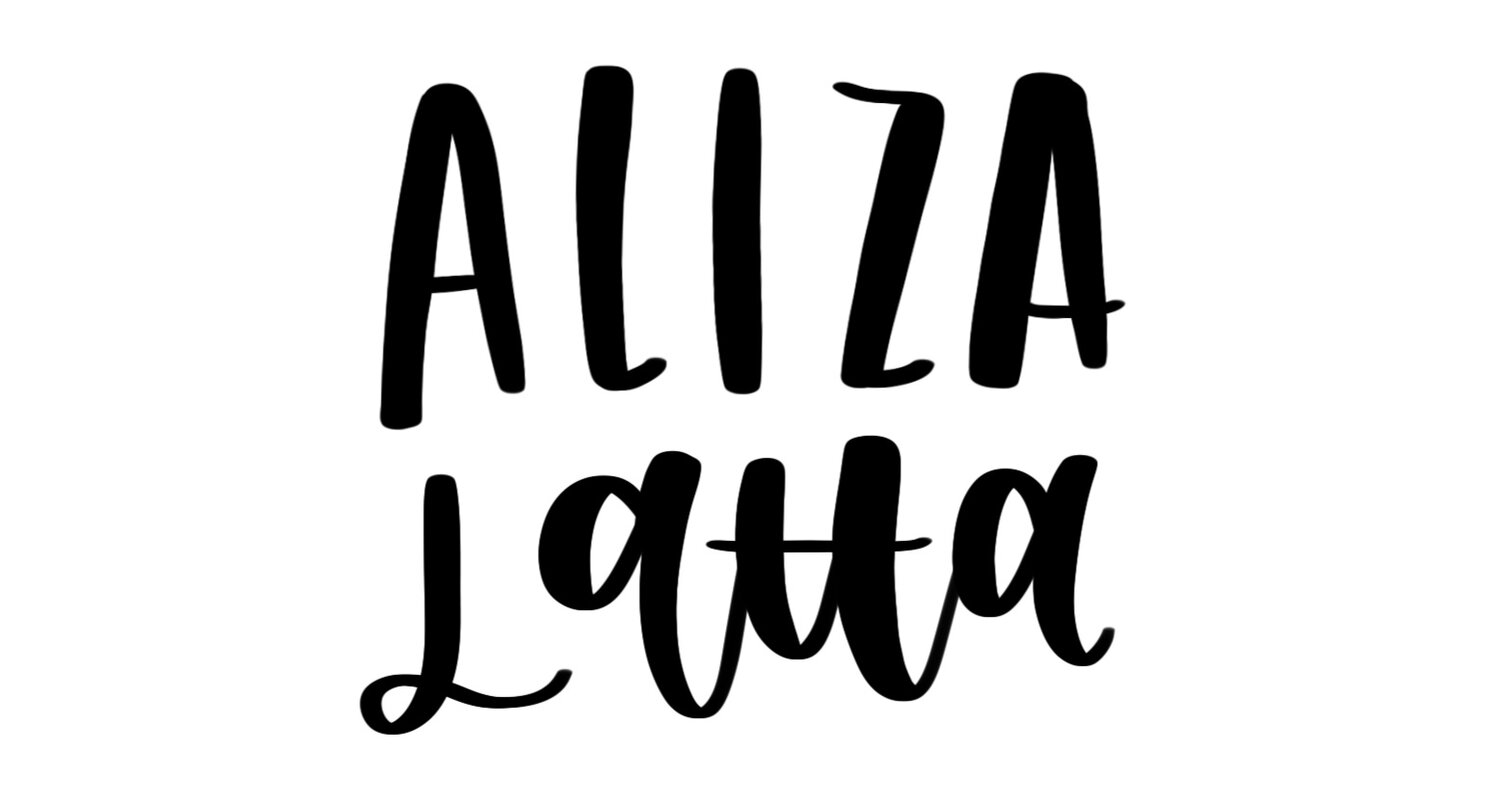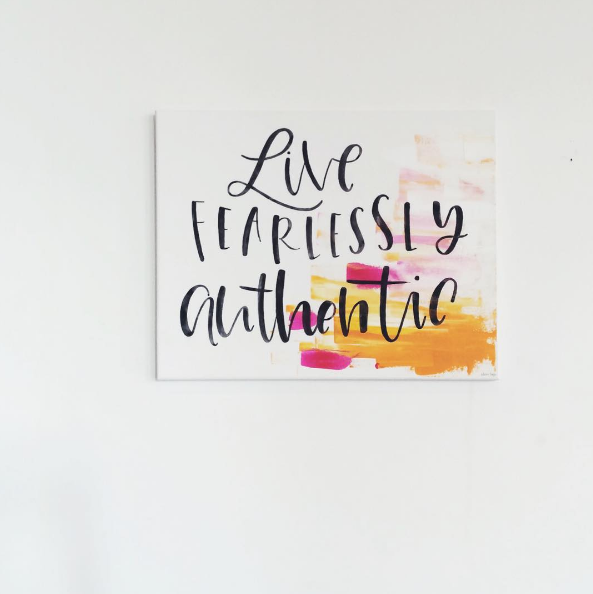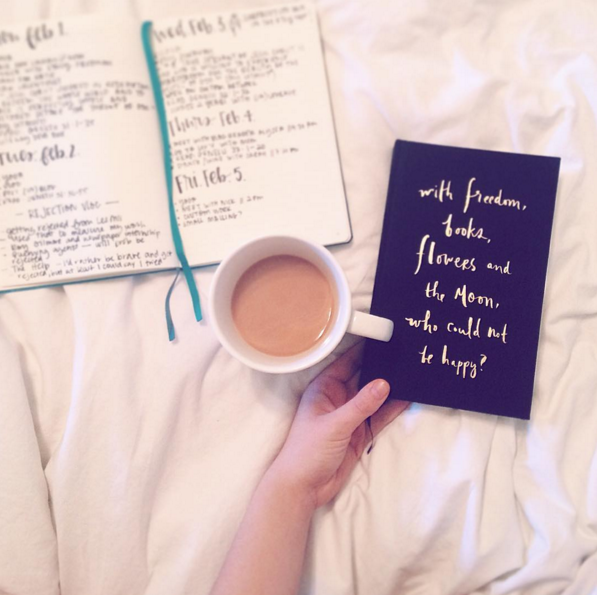The nightmares have begun.
They started five days after I began my vacation last week. In all honesty I was quite proud they waited that long before interfering with my dreams. I dreamed the books at my launch party were all different—filled with typos and grammatical errors, some being an entirely different story altogether. I dreamed I forgot how to speak, I dreamed I forgot how to write. I dreamed no one came to my launch party.
Anxiety and stress always try to snatch joy away from me. It's infuriating.
I awoke from the nightmares, filled my coffee mug, stared at the ocean outside my window, and took a deep breath, inhaling peace, remembering I hired an editor for a reason. There were no typos or grammatical errors or new story. I breathed again. It was just a dream.
When my feet hit the sand I looked out at the water.
I pictured my novel nestled in my hands and saw the peach cover in the back of my mind.
I opened my fists so my palms were outstretched.
I let go.
I have a notebook from when I was in eighth grade. It's completely full, an entire novel hidden inside of it. It was about a girl in high school, trying to figure out who she was in a world that seemed hard and sort of painful. The grammar is terrible, and I think I used "so" or "very" every other word.
Unbeknownst to me at the time, nine years later I would be halfway through journalism school releasing my real first novel—this time one that was not written in the eighth grade and was fully edited (Thanks, Mary!).
This little peach book in my hands represents a range of different experiences for me. I wrote the book because of one experience; I published it because of another. When I see this book, I see more than the characters—more than Sage and Maeve and Sol and Ky and Levi—I see me, I see my mother, I see this past winter and this past spring.
Writing this novel was a form of therapy for me—it was a way for me to take my anger, frustration, sadness, and delight and pour it out in a healthy (ish) way. I would gently weigh my emotions in my hands, seeing anger through Levi and frustration through Maeve and sadness through Ky. I took all of the pieces of who I am and spread them out within the characters I created.
I still don't know if I actually know how to write a novel. All I know is how I felt—and how writing about how I felt using fictitious characters was the only thing that made sense at the time. (It's still one of only ways I truly know how to process things.)
As the doors to this book swing wide open and she begins to make her way out into the world, I feel like an overprotective mother clawing to keep her child from running out onto the road.
"This is my baby," I think. What if they hurt her? What if they hate her and criticize her and don't treat her as gently as she deserves?
For anyone who has ever created anything you know this is the most frightening part: the time when you have to give it away. Creating only to give it away is not for the faint of heart. But creating for just yourself seems far too lonely.
So on Thursday I'll open my palms once more—albeit somewhat unwillingly—and give my baby away to the world. This peach book is what four years of my life looks like. After the past four years, I can finally say I am very proud to give her away to you.
I will try not to cry any more than I already have; I will try not to throw up either.
I hope you enjoy this story. I know I enjoyed creating it for you.







 I have watched seven episodes of The Office while writing this. I've scrolled through the entire dress section of the Topshop website, despite the fact that they are all severely overpriced. I have eaten two chocolate chip cookies along with a cup of milk, and suffice it to say, I have procrastinated writing at all costs.
I have watched seven episodes of The Office while writing this. I've scrolled through the entire dress section of the Topshop website, despite the fact that they are all severely overpriced. I have eaten two chocolate chip cookies along with a cup of milk, and suffice it to say, I have procrastinated writing at all costs. This past October I was offered a book deal. A few days ago, I turned it down.
This past October I was offered a book deal. A few days ago, I turned it down. I'm so tired of trying.
I'm so tired of trying.